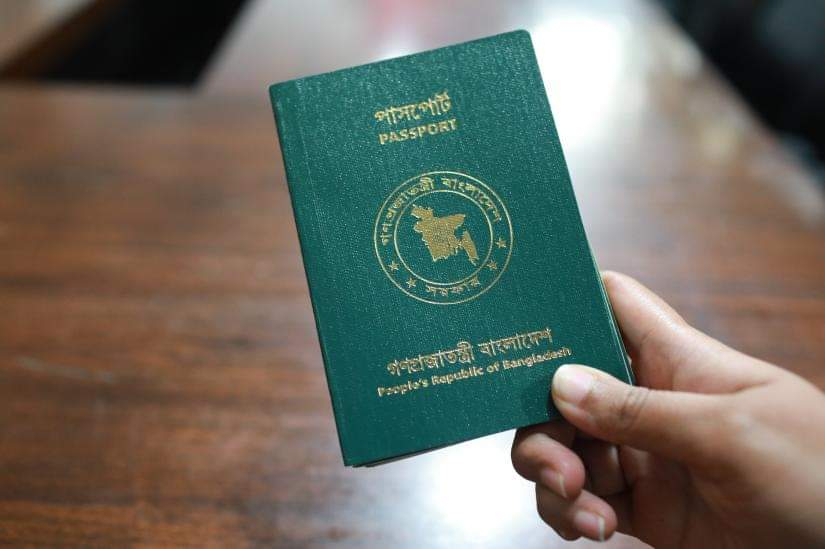Any parent of multiple young children knows the daily reality of children's constant fights, disagreements, and clashes.
Personally, my five boys almost never stop squabbling! They love each other and play together, but they also fight like cats and dogs. 😅
One of my primary parenting roles, therefore, is the judge who settles disputes.
One rule I have for myself is a parent who is constantly having to referee fights and arguments between my children is this:
Hear out both sides first.
Never give out a verdict before listening to both parties, no matter how open-and-shut the case may initially look.
Usually, what happens is I'll be washing the dishes or cooking dinner or changing the baby's diaper, when one of my children comes running to me, crying. He will start complaining and whining to me about one of his siblings: "Mama, he hit/ kicked/ hurt me!"
In the past, if I was tired, stressed, or in a hurry, my instinct, for one second, used to be to just take the initial complaint at face value, and just yell quickly, "[Accused child's name here], stop hitting your brother!"
But I learned years ago that a parent should never do this.
This is the easier of the two routes you can take as a parent.
Route 1: One child lodges a complaint against another. You as the parent are tired, sleep-deprived, hungry, annoyed, busy, overwhelmed, late for something, and/ or are in a rush. You take this accusation as the truth, and respond accordingly by yelling at or punishing the accused child.
Route 2: One child lodges a complaint against another. You as the parent, despite your tiredness, headache, hunger, busy-ness, etc, calmly hear out the first child. Then you call the second child to you, and calmly ask him what happened. As the second child tells you his version of the same event, you calmly hear out his side of things. You then ask any follow-up questions if you need to clarify, call witnesses (other children not directly involved in the fight), ascertain the truth, and then use your judgment to come to a decision if one or both parties are in the wrong and if there needs to be punishment or consequences.
Route 2 is clearly the harder path.
But it's the path of justice and fairness.
My children are still young, but already in this short time of a decade, there have been many times in which the first child was crying so hysterically or whose complaint sounded so sad and convincing that I would be tempted to just issue my judgment right away.
Especially if there is raw evidence to corroborate the first child's story: a red mark, a darkening bruise, a quickly-swelling bump on the head, or scratch marks.
It's so sad for us as parents to see that, plus we are so busy and tired, that it's tempting to mete out punishment before launching a full investigation.
But whenever I'd stop myself from jumping to conclusions and force myself to slow down enough to hear out both sides, I have always been so relieved I did.
Because usually, there is a much longer backstory. There is a second version of reality that is equally compelling. There is usually another child who has been wronged too.
Sometimes the accused child is actually the injured party, while the child who came running to complain was actually the instigator or initial aggressor.
Or sometimes, both sides are equally at fault. And punishing only the accused child would be unjust.
What is even more dangerous about this is that it may eventually become a pattern within the family, continuing into the children's adulthood. An entrenched dysfunctional dynamic.
One child learns to tattle to the parent, the parent learns to reflexively take that child's word as the full truth without checking, and the other child gets punished unjustly without getting the benefit of stating their side of things.
The first child, the tattler, gets used to having their way just by virtue of being the first to run crying to the parent, learning the utility of the adage, "The squeaky wheel gets the grease." And the second child grows disillusioned by the chronic one-sidedness, learning to shut down their own emotions or to give up on getting any justice.
And this is a very unhealthy dynamic of injustice.
Everything starts in childhood.
And it starts with you, the parent. You are the mature adult. You are responsible for justice, regardless of your state or the lateness of the hour or other circumstances.
Don't just take the path of least resistance and simply believe whoever comes to you first, or whoever is crying louder.
This reminds me of the old story of a man who came to a judge with one eye gouged out, accusing another man of having taken out his eye. The proof was right there for all to see in all its horrible, bloody glory.
But the judge was wise enough to call the accused man to the court to hear him out first, before issuing an immediate punishment.
When the accused man walked in to stand in court, he had *both* eyes gouged out!
Allah says,
إِنَّ ٱللَّهَ يَأْمُرُكُمْ أَن تُؤَدُّوا۟ ٱلْأَمَـٰنَـٰتِ إِلَىٰٓ أَهْلِهَا وَإِذَا حَكَمْتُم بَيْنَ ٱلنَّاسِ أَن تَحْكُمُوا۟ بِٱلْعَدْلِ ۚ إِنَّ ٱللَّهَ نِعِمَّا يَعِظُكُم بِهِۦٓ ۗ إِنَّ ٱللَّهَ كَانَ سَمِيعًۢا بَصِيرًۭا
"Indeed, Allah commands you to render trusts to whom they are due, and when you judge between people to judge with justice. Excellent is that which Allah instructs you. Indeed, Allah is ever Hearing and Seeing." (Surat An-Nisa, 58)
Justice involves wisdom, patience, and doing due diligence to find out the whole truth.
And this is our job as parents of children, between whom fighting is normal.
Through our measured, calm, mature approach, we not only settle daily childhood disputes, but we also instill within our children an understanding of justice from a young age.
- Umm Khalid



